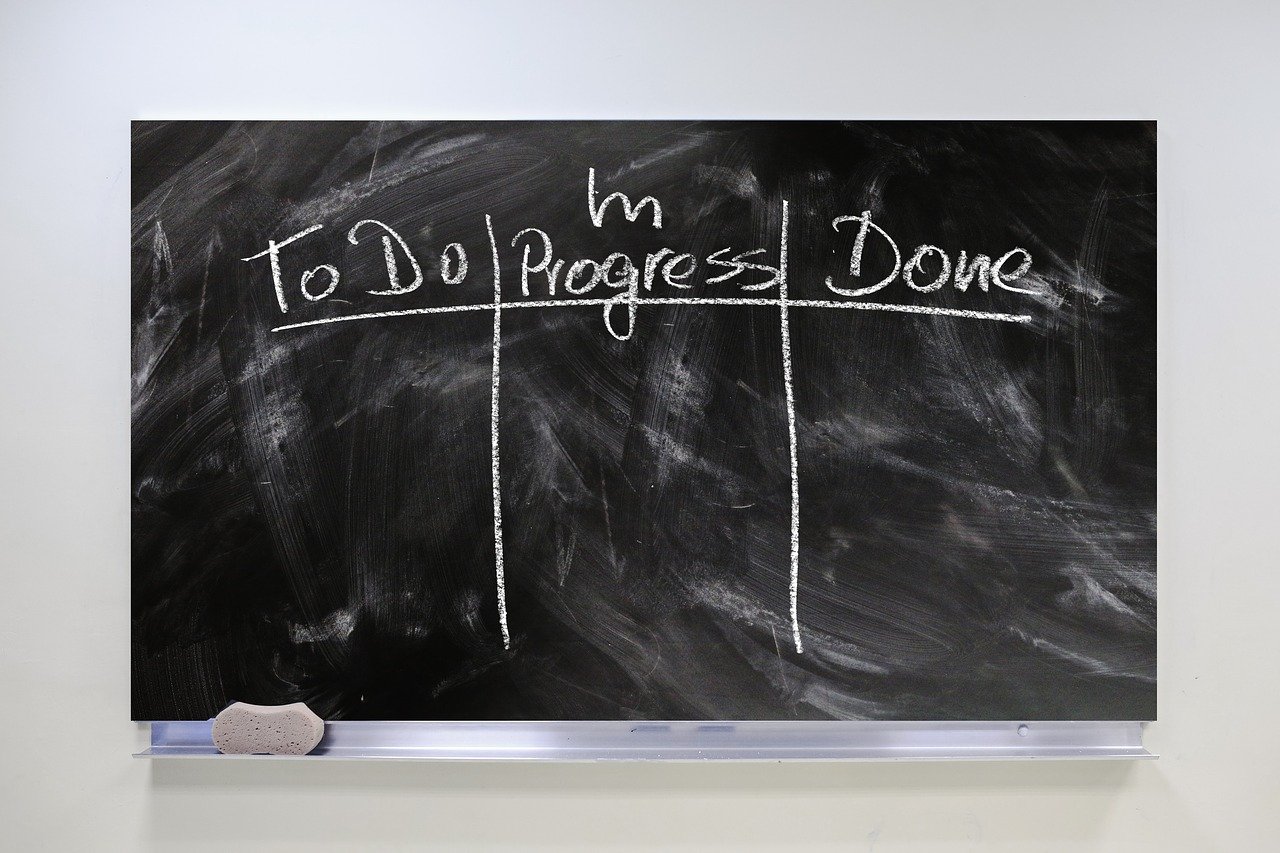Hey there, fellow poetry enthusiasts and teamwork aficionados! Today, I want to share a bit of my personal journey—a tale that involves my teenage obsession with Persian poetry, a passion that has resurfaced in an unexpected way during my Weiterbildung in Social Media Management.
Back in the day, beside being a Harry Potter fan, I could recite the whole epilogue of Saadi’s Golestan (this fellow is the one whose words are woven into a carpet, hung on a wall in the United Nations building in New York). I was also able to distinguish between Hafiz and Saadi’s sonnets 80 percent of the time, and used to spend long summer days diving into the captivating tales of Ferdowsi’s Shahname.
Although I don’t immerse myself in poetry as much anymore, a unique hobby has emerged—one that fills me with a genuine sense of joy. Whenever I stumble upon a Persian poem in Western media, I embark on a delightful guessing game. It’s like a burst of dopamine as I try to pinpoint the original poem and relive the poetic words rushing through my head.
Recently, this hobby led me to an Instagram video featuring Helena Bonham Carter reciting a Rumi poem in the short film “A Poem for Every Autumn Day” (2020). Here’s a part of the poem:
The dark thought, the shame, the malice,
meet them at the door laughing,
and invite them in.
Be grateful for whoever comes,
because each has been sent
as a guide from beyond.
Rumi
The poem encourages us to welcome negative thoughts, as they may guide us to something more profound. It’s a beautiful reminder that sometimes, embracing the darkness can lead to unexpected enlightenment.
Now, let me invite my Farsi-speaking readers to join in the fun. Can you guess which Rumi poem Helena Bohem Carter recited in the video? Drop your answers in the comments, and let’s celebrate the magic of Persian poetry together.
But that’s not the only magic happening in my life right now. As part of my Weiterbildung, I’ve had the incredible opportunity to work on a real-world project—creating a social media strategy for an organization of our choice. While I’ve excelled in individual tasks, the challenge lies in effective teamwork.
I like to see human beings as poems, each having their uniqueness and individualities, complexities, and depths. And as poems are strong mediums for emotional expressions, emotions are a fundamental aspect of human experience. Each poem, like a human being, has its own narrative, and they are open to interpretations.
And here’s where I’d love to hear your take on teamwork. What, in your opinion, is the key ingredient for successful collaboration? Which one is more important: having a shared goal, clearly defining responsibilities; trusting your team, having an effective leadership, or clear communication? Drop your insights in the comments below, as I’m gearing up to discuss this with my teammates on Monday.
I believe that shared experiences and wisdom from fellow enthusiasts can shed light on the intricacies of teamwork. So, wish me luck as I navigate this journey, combining my love for poetry with the art of collaboration. Here’s to rediscovering passions and embracing the beauty of working together! Cheers! 🌟
Term Spotlight
Wrapping up each entry in the ‘Weiterbildung Diary series’ blog posts, I introduce one of my favorite terms pertinent to Social Media Management. Today, since we are talking about teamwork, I’d like to introduce a visual project management and workflow system, called Kanban.
Kanban
Kanban is a visual project management method that emphasizes continuous delivery, flexibility, and efficiency through the use of visual boards and limiting work in progress. In simpler words, Kanban can be imagined as a board with columns like “To-Do,” “In Progress,” and “Done.” Each task is represented by a card that moves across these columns as it progresses. The goal is to limit the number of tasks in progress to keep things flowing smoothly.

Trello, Jira software and Asana are three popular project management apps that use Kanban concept to help teams visualize and manage their work. Kanban originated in Japan in the 1940s and 1950s as a production control method in manufacturing, particularly at Toyota. The term “Kanban” means “visual card” or “signal” in Japanese.

Thanks for the Read !!!!
take care
[…] tasks visually. It utilizes a Kanban methodology, that I explained about in my previous post, An Ode to the Art of Effective Teamwork. In Trello, tasks are represented as cards on a digital board. Each card corresponds to a specific […]